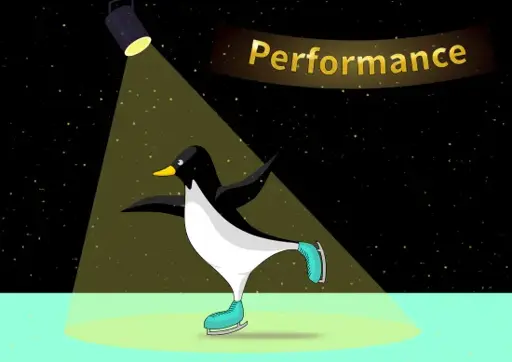The case for Linux and openSUSE is clear. Linux provides viable, cost-effective and sustainable alternatives. Users can enjoy a free, open-source operating system that doesn’t require costly upgrades or restrictive hardware requirements with installing openSUSE. Here are a few things users that want to transition can consider:
- Complete Transparency: Linux distributions like openSUSE are governed by open-source principles, ensuring clear and consistent development.
- No Forced Obsolescence: openSUSE supports a wide range of hardware like modern machines to older PCs that allow users to extend the life of their devices.
- Cost Savings: openSUSE is free to use, with no licensing fees or hidden subscription costs for extended support.
By switching to Linux, users can help combat e-waste as every PC saved from a landfill is a win for the environment.



Hey, may I ask how has it been MicroOS for you? I’m interested in using it for my small server and self-hosting, but I mostly use containers with Docker and I’ve seen that MicroOS comes with Podman by default.
Podman is good, you should try it.
Most docker’s commands can be replaced by podman’s.
Will do, thanks!. Have you used something like Docker Compose? I didn’t have a lot of time before, but I’m still researching and I don’t get what is the “standardized” way of dealing with composed containers
I have never used Podman Compose but it exists. I guess it’s really similar to docker compose.
With podman you can use “Quadlets”, which are systemd files allowing the services to integrate very well with the system (you can use journalctl to see the logs of a container).
I ended up installing docker. Didn’t want to make a bunch of systemd files. It automatically updates each day and has required almost no maintenance at all. It’s a little strange, but can work great.